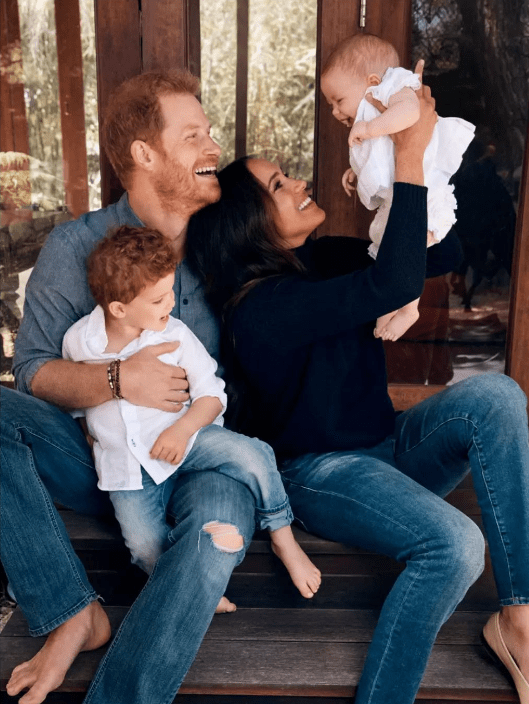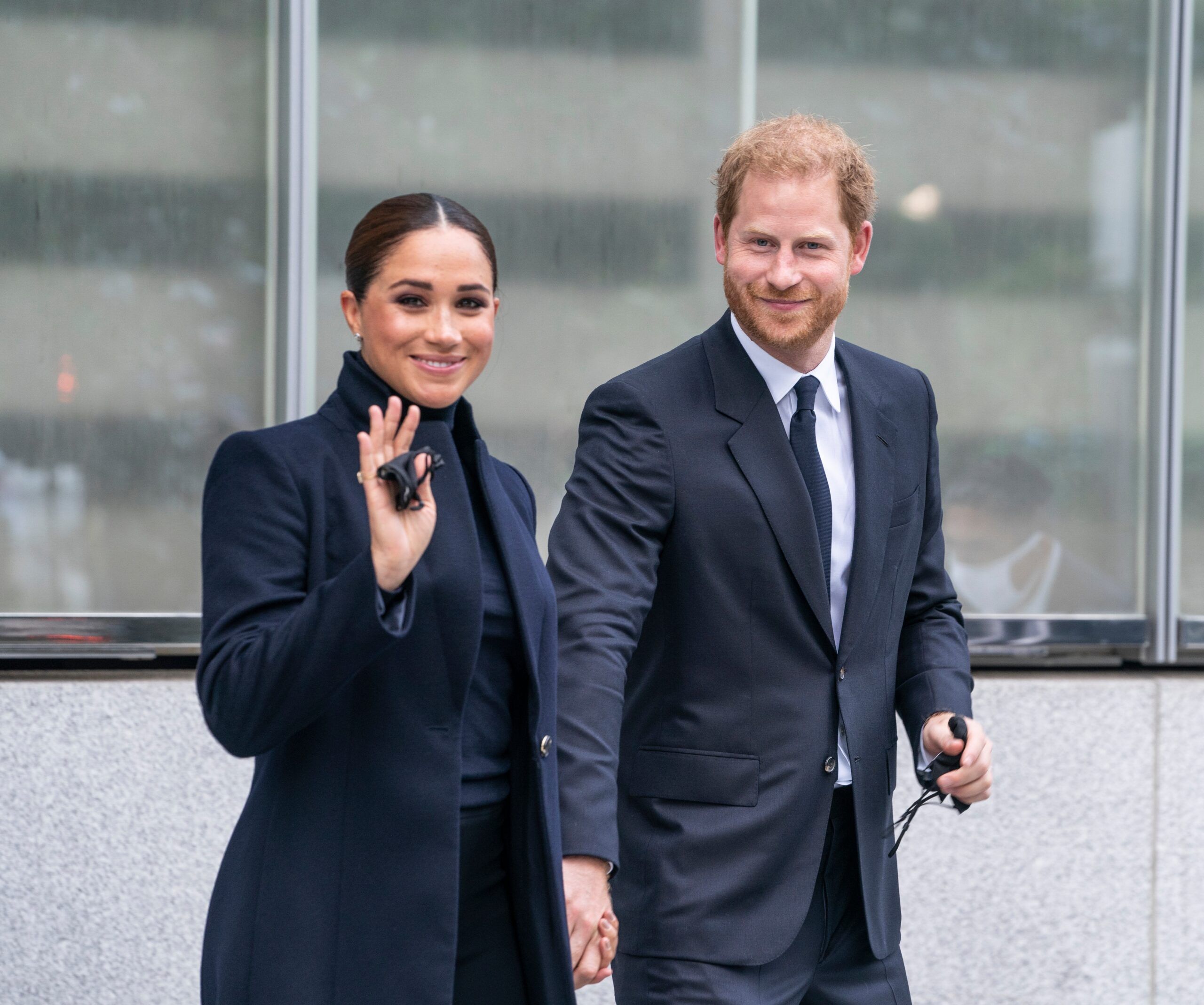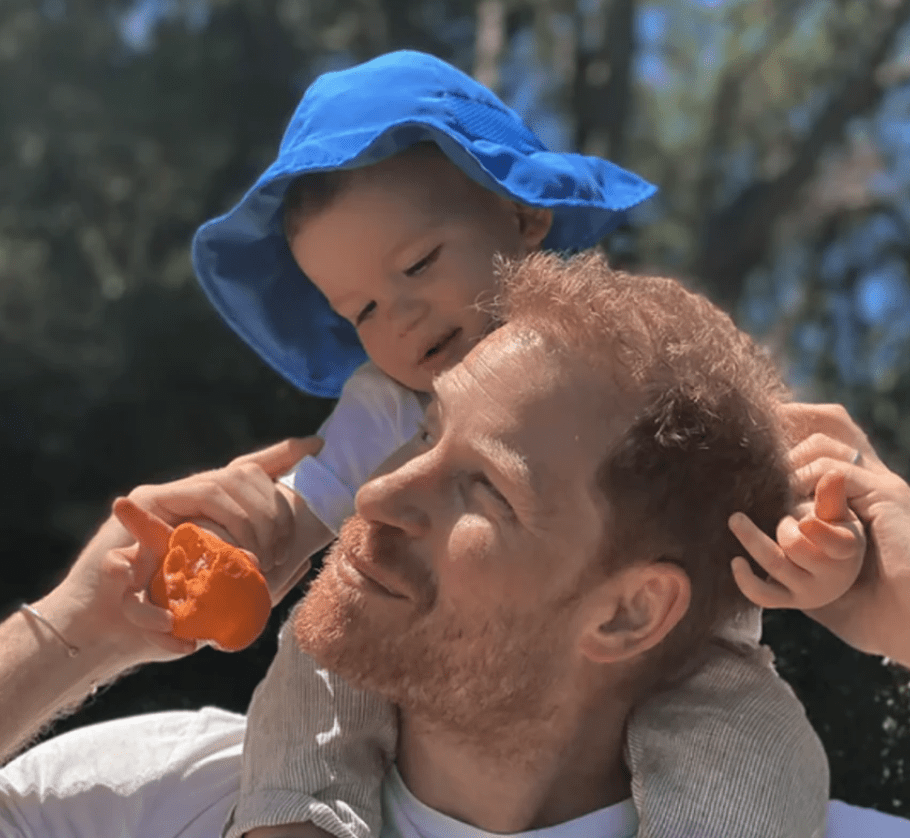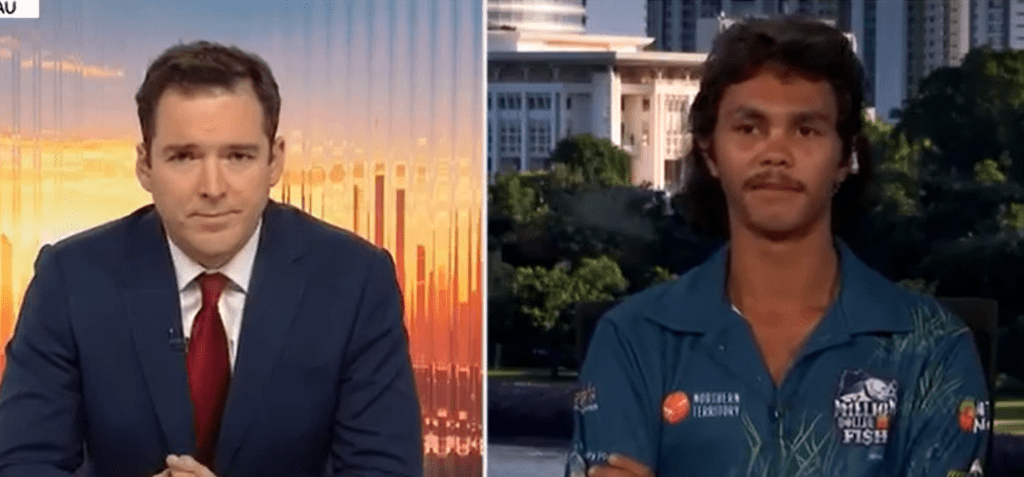From the moment Meghan Markle stepped onto the world stage as Prince Harry’s bride, she found herself in the crosshairs of relentless media scrutiny.
The glare of the spotlight, often harsh and unforgiving, has illuminated every aspect of her life, from her personal choices to her professional endeavours.
Yet, amidst the glitz and glamour of royal life, Markle has faced a barrage of criticism and vilification at the hands of the British press.

In December 2018, as whispers of discontent swirled within the royal household, one publication seized upon the departure of Samantha Cohen, the couple’s private secretary, to paint Meghan as a “difficult” duchess.
The headline, splashed across newspapers around the world, portrayed her as a demanding figure, citing alleged grievances from departing staff. Markle’s legal team swiftly refuted these claims, asserting that Cohen’s decision to leave was voluntary and not a result of any perceived difficulties working with the Duchess.
The onslaught continued in January 2019 when an innocuous Instagram post featuring Markle’s love for avocados sparked outrage in the tabloid press. Dubbed the “avocado controversy,” headlines sensationalised Markle’s dietary choices, drawing absurd connections to human rights abuses and environmental degradation.
The stark contrast in coverage between Markle and her sister-in-law, Kate Middleton, only highlighted the media’s bias and agenda-driven reporting.

July 2019 brought another wave of criticism as Markle and Harry opted for a private christening for their son, Archie. The decision to exclude the British press from the event sparked public outcry, with commentators questioning the couple’s commitment to transparency and tradition.
Critics pointed to the taxpayer-funded renovation of Frogmore Cottage as evidence of the couple’s perceived hypocrisy, igniting debates about their public obligations versus their desire for privacy.
In a shocking revelation unveiled in 2021, Markle and Harry were revealed as targets of a coordinated hate campaign orchestrated by cyberbullying bots on social media platforms.
The bombshell report, brought to light by Bot Sentinel, a service specialising in the detection of fake Twitter accounts, scrutinised data spanning the month of October 2021. Within this dataset, a staggering 114,000 tweets centered on the Duke and Duchess of Sussex.
Alarmingly, the analysis uncovered that a mere 83 accounts were culpable for nearly 70% of the vitriolic content originating from both original posts and derivative hate speech.
While the figure of 83 accounts may seem modest against the vast expanse of the internet, their collective impact is nothing short of significant.
Bot Sentinel’s findings highlighted the far-reaching influence of these accounts, estimating their combined unique potential reach at a staggering 17,000,000 users.
Repeated attacks in the press have taken a toll on Markle’s mental health, as revealed in a 2022 Netflix documentary where she candidly discussed her struggles with suicidal thoughts.

The relentless scrutiny and constant barrage of negative headlines have created an environment of toxicity, prompting Markle to advocate for a cultural shift in social media habits and media reporting.
In a bold stand against the tide of criticism, Markle raised her voice to condemn the culture of bullying that pervades both social media and traditional news outlets.
Speaking at the South by Southwest conference in Austin, Texas in March, Meghan didn’t mince her words.
“We have forgotten about our humanity, and that has got to change,” she said, addressing a panel focused on the representation of women in entertainment and the media.
This declaration, echoed by her husband Harry, alludes to the couple’s ongoing battle against the onslaught of negative media attention they’ve endured, both during their tenure as senior royals and in their post-royal life in the United States.
Markle’s resilience in the face of relentless scrutiny is palpable. She revealed that the bulk of online abuse was directed at her during her pregnancies with Archie and Lilibet, prompting her to distance herself from the toxic comments for the sake of her well-being.
“It’s not catty,” Markle said, “It’s cruel.”
In a call for action, Markle emphasised the urgent need for a cultural shift in social media habits. She highlighted how online platforms incentivise the proliferation of harmful comments and conspiracy theories, which can have devastating effects on people’s mental well-being.
Concerns about their physical safety have also plagued the couple, particularly after a harrowing encounter with photographers in New York last May.
Their battles with British tabloids have further highlighted the relentless onslaught of media intrusion. Earlier this year, a London court awarded damages to Harry after finding The Mirror Group of newspapers guilty of “widespread and habitual” hacking of his cellphone.
Markle’s plea for empathy extends beyond her own experiences to a broader indictment of the toxic dynamics perpetuated by social media and traditional media outlets alike.
She is particularly troubled by the prevalence of women spewing hate towards other women, questioning the motivations behind sharing derogatory content.
“If you’re reading something terrible… terrible… about a woman, why are you sharing it with your friends?” she asked. “Why are you choosing to put that out in the world?”

